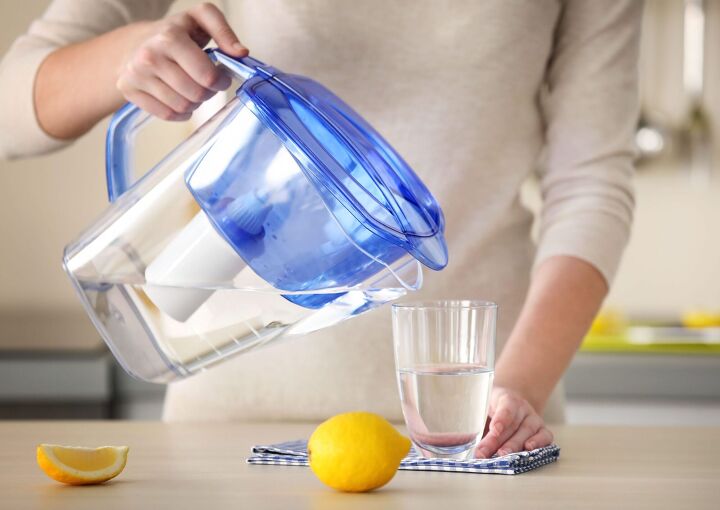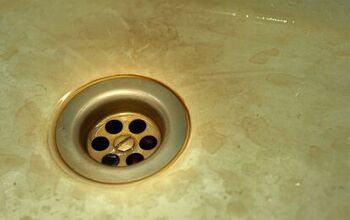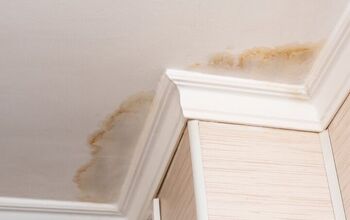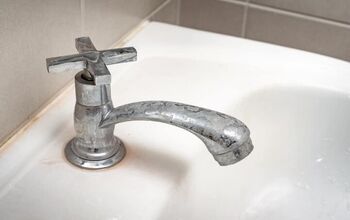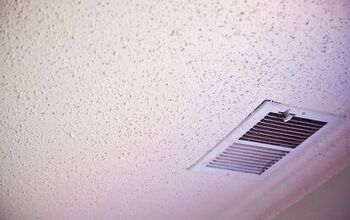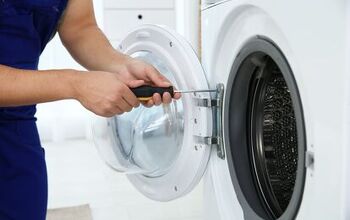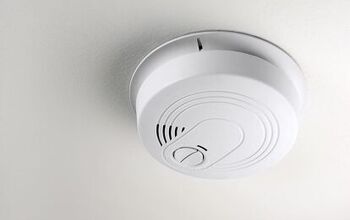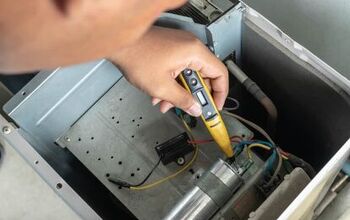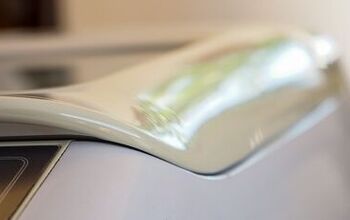Do Water Filters Remove Bacteria From Drinking Water?

Filtered water has become a norm in many households. This is, in part, due to the fact that nowadays there are all sorts of easy-to-purchase and affordable filters on the market. From the classic filtered water pitchers to the ones you place inside a state-of-the-art refrigerator water dispenser, there is no shortage of home water filtration options. While these devices can be great at filtering out certain impurities, you might wonder if they are effective at getting rid of harmful bacteria that can find their way into a water supply.
Most home water filtration systems are not effective at removing harmful and dangerous bacteria like E coli from the water supply. Most popular home water filters use cartridge and carbon-style filters, which are effective at removing small impurities like lead, chlorine, and other contaminants, but are not designed to kill and remove harmful bacteria. Only reverse-osmosis water filtration systems are effective at removing harmful bacteria.
Whether you are experiencing a boil water notice, or simply wonder about the capabilities of your water filter, you should know whether or not it gets rid of harmful bacteria. After all, some bacteria can thrive in a water supply, and cause humans terrible sickness and even death. Keep reading to find out what type of water filters, if any, do a good job of removing bacteria from drinking water.
Do Normal Water Filters Remove Harmful Bacteria?
There are all sorts of water filters out there, and they are by no means considered equal when it comes to their effectiveness. That is because each type of filter uses different techniques to purify water. There are the popular capsule and carbon filters, as well as the more advanced and pricey reverse-osmosis filters as well as UV filters.
In general terms, a typical filter used on a faucet or in a water pitcher is a capsule or carbon filter. These filters, as well as most other types of water filters, do not remove harmful bacteria from water. This means if there are traces of E coli or other harmful bacteria in the water supply, your water filter will do little or nothing to protect you against these harmful contaminants.
Therefore, if you suspect there is a chance there is bacteria in your drinking water, it is always a good idea to boil any of this tap water for at least one minute. This will help kill the bacteria. After the water boils and cools, you can then run it through a typical water filter, as this will help remove other impurities.
Toxins And Impurities That Water Filters Remove
Now that you know your Brita water filter and other cartridge filters aren’t effective at removing bacteria, you are probably wondering what exactly these filters do remove. The good news is the answer to this question is — lots of things.
Modern carbon filters, which are the most common home filter type, get rid of nearly 99% of solid impurities. Many of these impurities are harmless, but some can be quite harmful.
For example, most filters are great at removing all metals, including lead, which is known to be very harmful when consumed, especially for children. These filters also remove volatile organic compounds, which are different solids that are also known to have negative health consequences when consumed by humans.
These filters are even effective at getting rid of chlorine, which is poisonous in high doses, and quite popular in many water supplies. So, you should rest assured knowing that while your water filter might not kill and remove bacteria, it still does a great job of making your drinking water safer than it was before.
What Type Of Water Filter Eliminates Harmful Bacteria?
If you are on the hunt for a great new water filtration system for your home and you want one that can even kill bacteria, then you have a couple of options. While most typical water filtration systems used in the majority of homes don’t protect against bacteria, some advanced systems do. Below are two systems that can remove or kill bacteria in drinking water. Keep in mind both of these systems involve a hefty initial investment, and might require some real estate in your kitchen.
Reverse-Osmosis Systems And How They Remove Bacteria
If you are looking for the most heavy-duty water filtration system on the market to ensure your water is as pure as possible, then a reverse osmosis system is what you are looking for. Unlike carbon filters, which essentially pass water through one “chamber,” a reserve osmosis system puts water through 9 different chambers, each of which uses different methods to remove more and more impurities.
These systems push the water in multiple directions and through several osmosis processes. During these processes, nearly 99.9% of bacteria are removed. These systems are also effective at removing pesticides, fluoride, arsenic, and other hard-to-remove elements from drinking water.
A reverse-osmosis filtration system is arguably the best at giving you the most pure water without bacteria. It does have its downsides. For one, it wastes more water than most systems, as its process is so advanced and rigorous. More so, these systems are quite costly. A reverse osmosis system can cost anywhere from $750 all way up to $8,000 or even more, depending on the size of the home and your specific needs. There are also expensive maintenance costs involved when owning this type of system.
UV Water Treatment Systems And How They Remove Bacteria
Another type of water treatment system that gets rid of bacteria is a UV water treatment system. A UV system uses a type of light called germicidal ultraviolet light, which helps kill all sorts of harmful organisms. This system does not filter the water as much as it treats the water and makes it safe.
Therefore, the light and treatment system can kill harmful bacteria and neutralize their negative effects, but it does not exactly remove it from the water. These systems are expensive and large and are often installed outside the home to make sure all the household water is free of these harmful living organisms. But an additional filtration system is needed to remove other solid impurities.
Final Thoughts On What Filters Remove Bacteria From Water
Water filters tend to do a great job removing solid impurities like metals, but are not effective at removing bacteria and other potentially harmful living organisms. Therefore, it is best to boil your drinking water before letting it cool and filtering it if you suspect there are harmful bacteria in your water supply. If you want to install a system that will consistently remove most or all bacteria from your drinking water, consider a reverse-osmosis or UV water treatment system.
Related Guides:

Tom Gaffey is an expert writer who currently resides in Washington D.C. Tom has a passion for real estate and home improvement writing, as well as travel and lifestyle writing. He lived the last twelve years in Hawaii where he worked closely with luxury resorts and event planners, mastering his knowledge of aesthetics and luxury products. This is where he found his passion for home improvement and a keen interest in DIY projects. Currently, Tom resides in Washington D.C, and also working on his debut fiction novel.
More by Tom Gaffey



